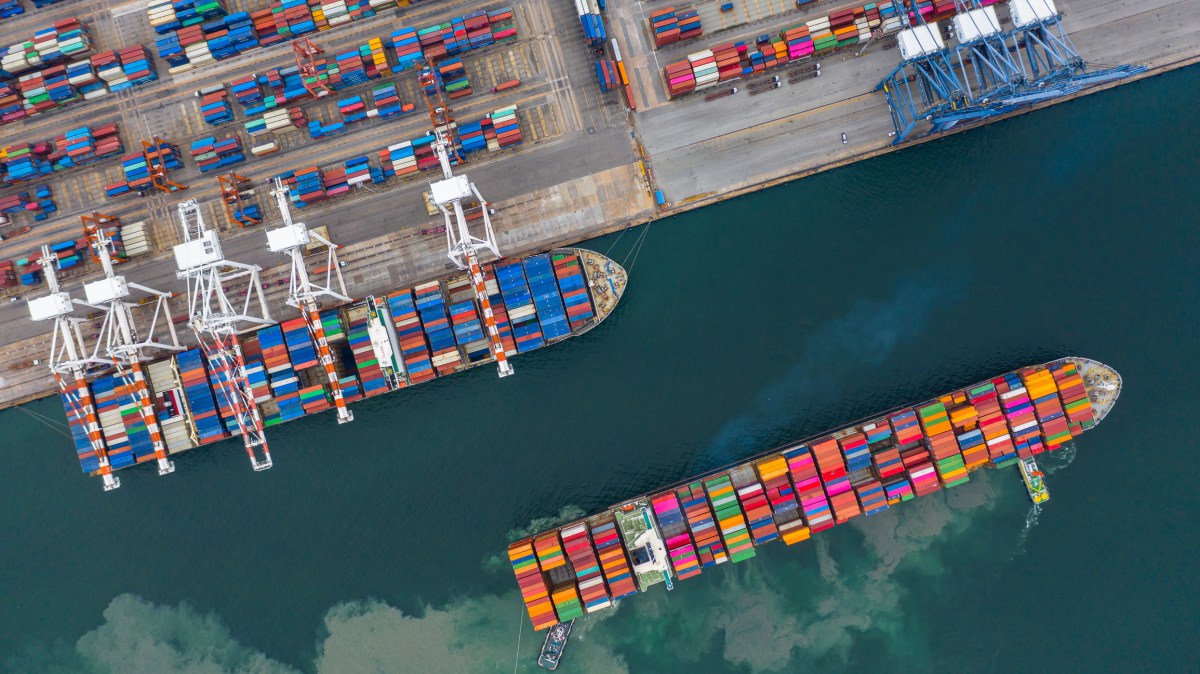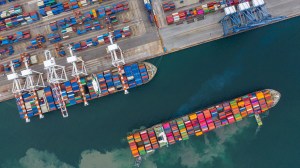CBP’s supply chain efforts are screaming for AI

U.S. Customs and Border Protection wants to apply artificial intelligence to the ingestion and analysis of increasing amounts of data coming out of its efforts to secure the U.S. supply chain.
CBP needs to analyze data earlier along the supply chain because currently, it’s getting involved too late after products have been manufactured and already begun international transit, Vincent Annunziato, director of the agency’s Business Transformation and Innovation Division, said during ACT-IAC’s Reimagine Nation ELC 2020 on Monday. The agency is responsible for ensuring importer and exporter compliance with laws and regulations that prevent harmful or counterfeit products from entering or exiting the U.S.
The volume of supply chain data CBP is dealing with has skyrocketed since the agency started piloting blockchain to secure various industries like steel and oil, and only AI and machine learning can make sense of it all.
“All of this now is starting to play into that AI and machine learning arena because, one, we’re getting data that we’ve never seen before,” Annunziato said. “Two … the government is going to look into designing a system that’s flexible for the data that’s coming in so that, even if you don’t have all the appropriate data at the time that you submit it, you can update it as you go along.”
CBP began piloting blockchain to validate mill certificates, which are documents detailing the chemical breakdown and grade of steel, as well as whether open-market oil is USMCA-certified. More recently the agency announced blockchain pilots that will enhance its visibility into the food, e-commerce shipment and natural gas supply chains while making validation paperless.
AI could help with the categorization of products based on photos or text descriptions while avoiding errors that currently require CBP personnel to delete entries and start from scratch when they’re made, Annunziato said.
Longer-term, smart AI devices could alert CBP to, say, a refrigerated container that has been tampered with.
“They’re starting to come online,” Annunziato said. “But they’re not mature enough yet,”





